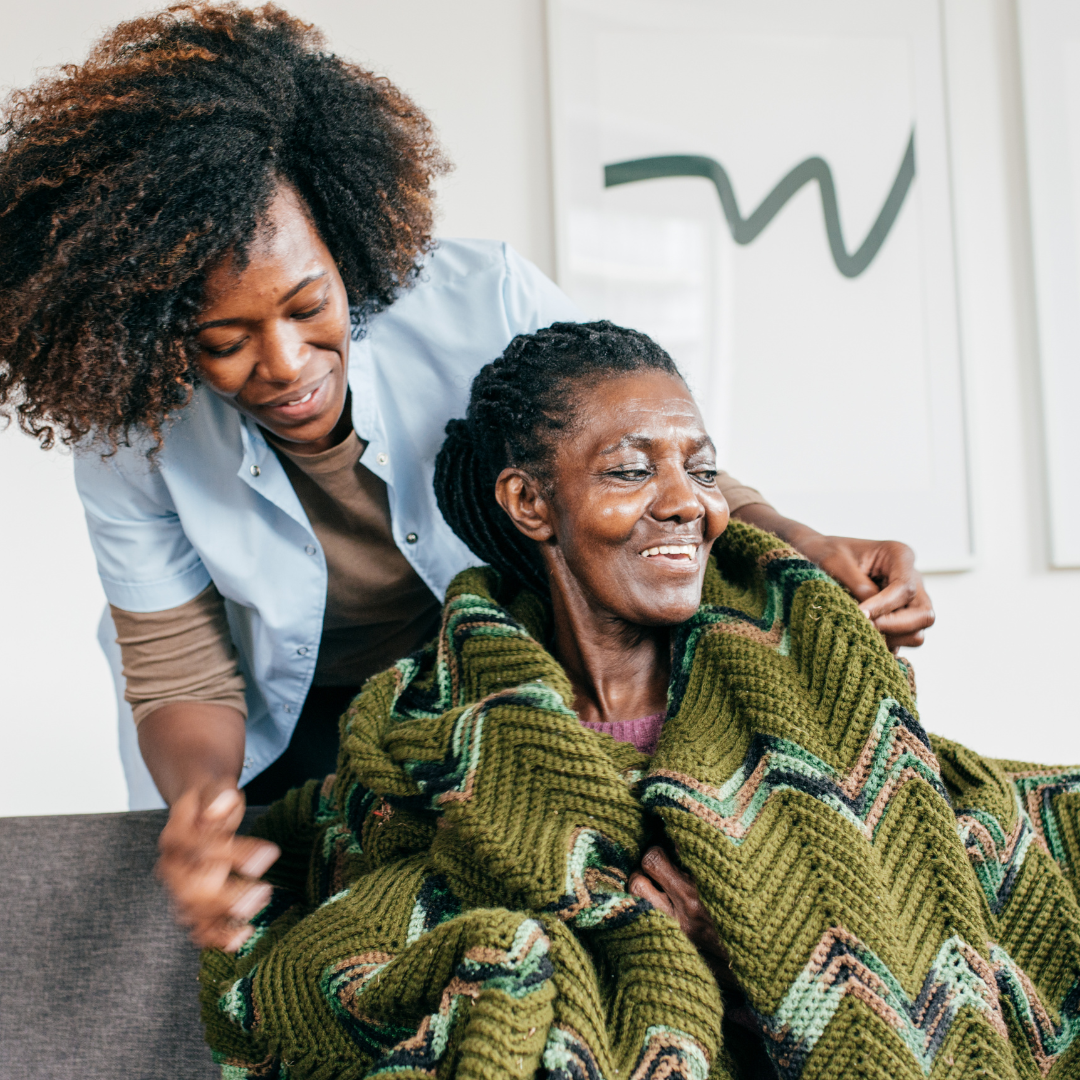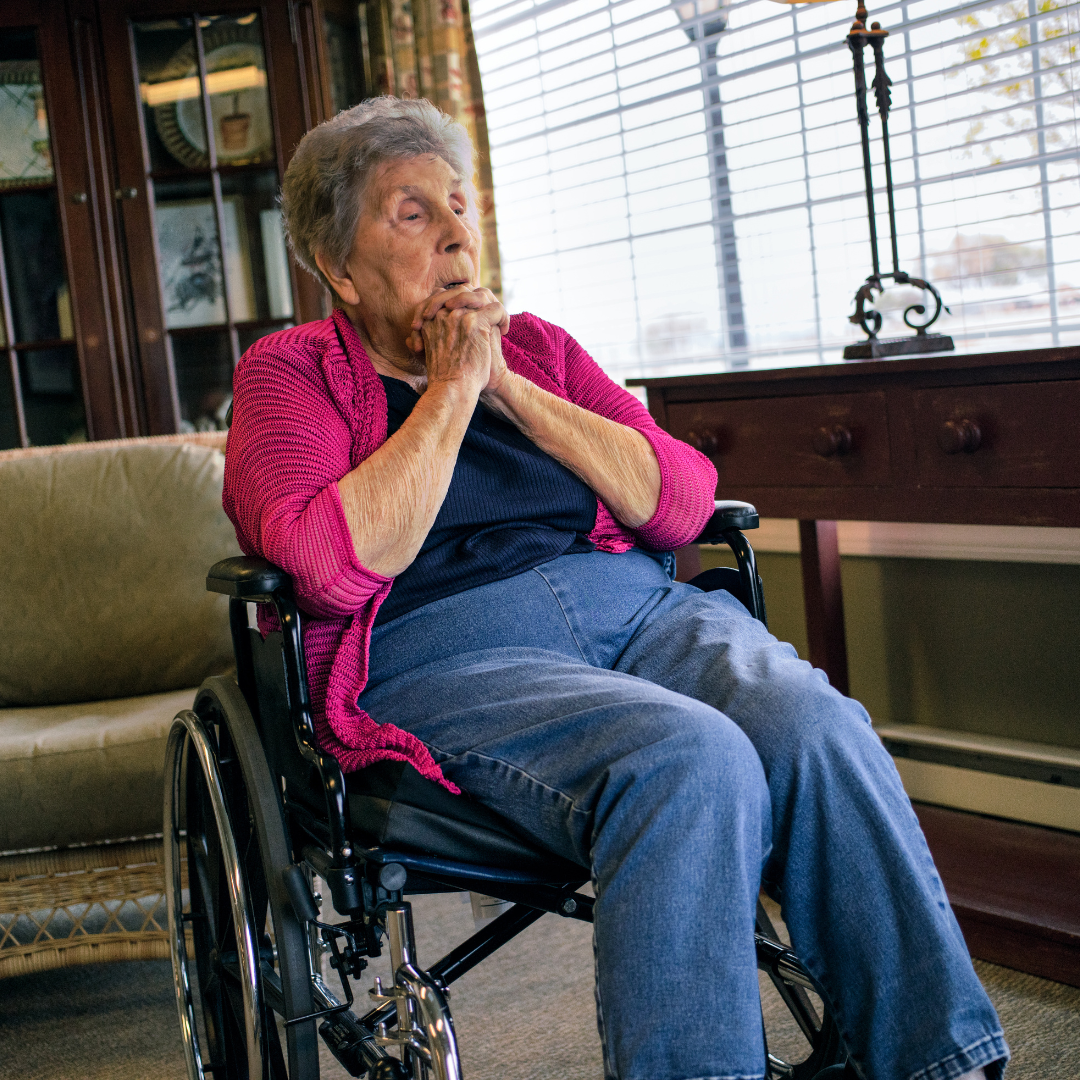Empathy And Understanding: A Guide To Effective Communication In Dementia Care
The Power of Empathy: Enhancing Communication in Dementia Care
In the realm of dementia care, effective communication serves as a cornerstone for fostering connection and providing holistic support. Empathy And Understanding: A Guide To Effective Communication In Dementia Care delves into the intricacies of empathetic communication within this context. This guide aims to equip caregivers, families, and healthcare professionals with practical strategies to navigate the challenges inherent in communicating with individuals living with dementia. By emphasizing empathy and understanding, this resource endeavors to enhance the quality of interactions, promote emotional well-being, and preserve dignity for those affected by dementia. Join us on a journey toward compassionate and effective communication in dementia care.
Empathy and Understanding: Mastering Effective Dementia Care Communication
In the realm of dementia care, mastering effective communication is paramount. This entails not just conveying information but also understanding and connecting with individuals on a deeper level. By embracing empathy, caregivers can navigate the challenges of communication more adeptly, fostering trust, comfort, and mutual respect. Understanding the unique needs and experiences of those living with dementia allows for tailored communication strategies that promote clarity and minimize confusion. With patience and compassion, caregivers can create meaningful interactions that enhance the quality of life for both individuals with dementia and their caregivers.
A Compassionate Approach: Empowering Communication in Dementia Care
Empowering communication in dementia care begins with a compassionate approach. It involves recognizing the humanity and dignity of individuals living with dementia and honoring their experiences and emotions. By fostering an environment of understanding and respect, caregivers can facilitate more effective communication that meets the unique needs of each individual. This compassionate approach entails active listening, validation of feelings, and the use of nonverbal cues to enhance understanding. Through empathy and compassion, caregivers can empower individuals with dementia to express themselves and participate more fully in their care, promoting a sense of autonomy and well-being.

Connecting Through Empathy: Strategies for Effective Dementia Communication
Effective communication in dementia care requires more than just words; it necessitates a genuine connection forged through empathy. By stepping into the shoes of individuals with dementia and understanding their perspective, caregivers can bridge the gap in communication and foster meaningful connections. Strategies such as active listening, validation, and nonverbal communication can help convey empathy and create a supportive environment where individuals feel heard and understood. Through these strategies, caregivers can navigate the challenges of dementia communication with compassion and sensitivity, ultimately enriching the lives of both individuals with dementia and their caregivers.
Unlocking Empathy: Enhancing Communication in Dementia Support
Empathy serves as a key to unlocking effective communication in dementia support. By cultivating an understanding of the emotions and experiences of individuals with dementia, caregivers can tailor their communication to meet their unique needs. This involves practicing patience, active listening, and validation to foster trust and connection. Through empathetic communication, caregivers can create a safe and supportive environment where individuals feel valued and respected. By acknowledging the challenges of dementia and approaching communication with empathy and understanding, caregivers can enhance the quality of life for both individuals with dementia and their caregivers.
The Heart of Care: Empathy and Understanding in Dementia Communication
At the heart of dementia care lies empathy and understanding, essential elements for effective communication. Caregivers who approach communication with empathy are better able to connect with individuals living with dementia, validating their emotions and experiences. By acknowledging their reality and meeting them where they are, caregivers can build trust and rapport, facilitating smoother communication and fostering a sense of security and well-being. Understanding the unique communication challenges of dementia and responding with empathy allows caregivers to provide the compassionate support needed to navigate the complexities of dementia care. In doing so, they honor the dignity and humanity of individuals with dementia, enriching their lives through meaningful connections.

Empathetic Communication: A Vital Tool in Dementia Caregiving
Empathetic communication stands as a vital tool in the arsenal of dementia caregiving. It goes beyond mere exchange of words, delving into the realm of understanding and connecting with individuals on a profound level. Caregivers who employ empathetic communication techniques can navigate the challenges of dementia caregiving with greater ease, fostering trust, comfort, and mutual respect. By truly empathizing with the experiences and emotions of individuals with dementia, caregivers can tailor their communication to meet their unique needs, promoting clarity and minimizing confusion. Through patient listening, validation, and compassionate responses, caregivers can create meaningful interactions that enhance the quality of life for both individuals with dementia and their caregivers.
Building Bridges of Understanding: Effective Dementia Communication Tips
Effective communication lies at the heart of successful dementia caregiving, and building bridges of understanding is essential for fostering meaningful connections. Caregivers can employ various communication tips to enhance understanding and facilitate smoother interactions with individuals living with dementia. These may include using simple and clear language, maintaining eye contact, and allowing ample time for responses. Additionally, active listening and validation of feelings can help individuals feel heard and valued. By incorporating these communication strategies into their caregiving approach, caregivers can bridge the gap in communication and create a supportive environment where individuals with dementia feel understood and respected.
Empathy in Action: Transforming Dementia Care through Communication
Empathy serves as a powerful catalyst for transforming dementia care through communication. When caregivers put empathy into action, they can connect with individuals on a deeper level, validating their emotions and experiences. This empathetic approach fosters trust and rapport, creating a supportive environment where individuals feel valued and understood. Caregivers can demonstrate empathy through active listening, validation, and nonverbal cues, allowing individuals with dementia to express themselves more freely. By acknowledging their reality and responding with compassion, caregivers can navigate the challenges of dementia care with sensitivity and understanding, ultimately enriching the lives of both individuals with dementia and their caregivers.
The Power of Understanding: Empathetic Communication in Dementia Support
Understanding lies at the core of empathetic communication in dementia support, empowering caregivers to connect with individuals on a deeper level. By recognizing the unique challenges faced by individuals with dementia, caregivers can adapt their communication style to meet their needs with compassion and sensitivity. This may involve using visual aids, gestures, and nonverbal cues to enhance understanding and convey empathy. Through patient listening and validation of feelings, caregivers can create a safe and supportive environment where individuals feel heard and respected. By harnessing the power of understanding in communication, caregivers can provide the compassionate support needed to navigate the complexities of dementia care, enriching the lives of those they serve.
Navigating Dementia Communication: Strategies for Empathy and Connection
Navigating communication in dementia care requires strategies that prioritize empathy and connection. Caregivers can employ various techniques to enhance empathy and foster meaningful interactions with individuals living with dementia. This may involve approaching communication with patience, active listening, and validation of emotions. Additionally, caregivers can use nonverbal cues, such as facial expressions and gestures, to convey understanding and empathy. By creating a supportive environment where individuals feel heard and respected, caregivers can bridge the gap in communication and promote a sense of connection. Through these strategies, caregivers can navigate the challenges of dementia communication with compassion and sensitivity, ultimately enhancing the quality of life for both individuals with dementia and their caregivers.
In conclusion, effective communication is the cornerstone of quality dementia caregiving. By embracing empathy, understanding, and patience, caregivers can forge meaningful connections with individuals living with dementia, enhancing their quality of life and promoting emotional well-being. At Home Matters Caregiving, we recognize the importance of empathetic communication in providing compassionate and personalized care for our clients in Pittsburgh, PA, and beyond. If you're seeking expert dementia care services or guidance on communication strategies, don't hesitate to reach out to us at (800) 298-5140. Let us partner with you to navigate the journey of dementia caregiving with empathy, understanding, and support.


